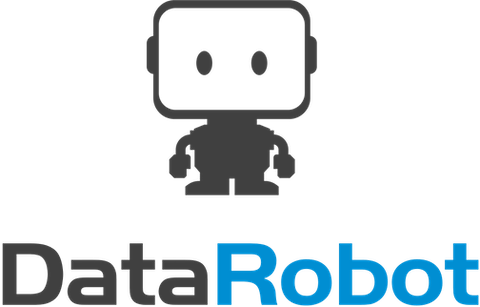Survey Reveals Only 34 Percent of AI Professionals Feel Fully Equipped to Meet Business Goals

700 AI practitioners identify lack of confidence, implementation and integration challenges, and collaboration gaps as barriers to delivering business value with AI
DataRobot, the enterprise AI platform, today released a global survey that reveals organizations continue to struggle to generate business value with AI. Despite increased investments in AI, only 34% of AI professionals feel fully equipped with the tools necessary to meet their organization’s AI goals, according to the new survey findings.
Also Read:Weave Launches New AI-powered Platform to Transform Healthcare Practice Management
“The data is clear: there is a widening gap between current tooling and what practitioners need to feel confident in AI outputs. Despite billions of dollars poured into AI, outcomes have been inconsistent”
The survey included over 700 AI practitioners and leaders from a range of business sizes and AI maturity levels. It uncovered 50 pain points facing AI teams today across four major themes:
- Monitoring and Observability (45%): Respondents cited difficulties ensuring the reliability and consistency of their models, even in mature AI organizations. Monitoring outputs in real-time and ensuring dependable performance remain a significant concern.
- Generative AI Development and Deployment (35%): Respondents struggle with building generative AI application interfaces and setting up application hosting. Respondents pointed to unclear expectations for generative AI outputs and the need to simplify prototyping.
- Implementation and Integration (27%): Respondents expressed frustration over delays between team handoffs and deployment due to complex integrations of diverse toolsets and excessive time spent troubleshooting systems that are not fully interoperable. This was especially true with organizations using AI solutions from hyperscalers.
- Collaboration (20%): With multiple roles involved in AI development, respondents identified fragmented workflows and cross-department handoffs as major obstacles to delivering AI projects from concept to production.
Additional findings revealed a growing confidence gap amid the convergence of predictive and generative AI:
- 90% believe predictive and generative AI will converge in the next 12 months. 92% expect their roles to include both predictive and generative AI in that rapid timeframe – creating future risks around collaboration and integration bottlenecks for AI teams.
- 71% of respondents expressed a lack of confidence in developing and delivering effective AI solutions, while only 34% feel extremely confident they have the necessary tools to meet their business objectives.
- 53% want tools that allow them to work in a code and GUI environment simultaneously, providing flexibility, ensuring more efficient workflows, and enabling collaboration.
- 57% of respondents want vendors to provide best practices for developing and deploying AI solutions, and 49% are seeking out-of-the-box approaches that balance heavy-lifting with the ability for bespoke customization.
“The data is clear: there is a widening gap between current tooling and what practitioners need to feel confident in AI outputs. Despite billions of dollars poured into AI, outcomes have been inconsistent,” said Michael Schmidt, Chief Technology Officer, DataRobot. ”As existing and emergent AI use cases are converging, there’s a growing demand for a new approach — one that includes workflows, guardrails, and components tailored to the use-case data and requirements. Addressing the obstacles AI practitioners face is essential to achieving the results businesses expect from AI.”
Methodology
The Unmet AI Needs Survey was conducted by DataRobot in partnership with F’inn to identify and better understand the unmet needs AI teams face today. Nearly 700 AI practitioners and AI leaders worldwide were surveyed using a combination of qualitative and quantitative research. The survey captured feedback from a wide range of roles and seniority levels — Data Scientists, ML Engineers, DevOps, IT professionals, and more — across organizations at various stages of AI maturity.
Also Read: AiThority Interview with Tiago Azevedo, CIO at Outsystems
[To share your insights with us as part of editorial or sponsored content, please write to psen@itechseries.com]

Comments are closed.